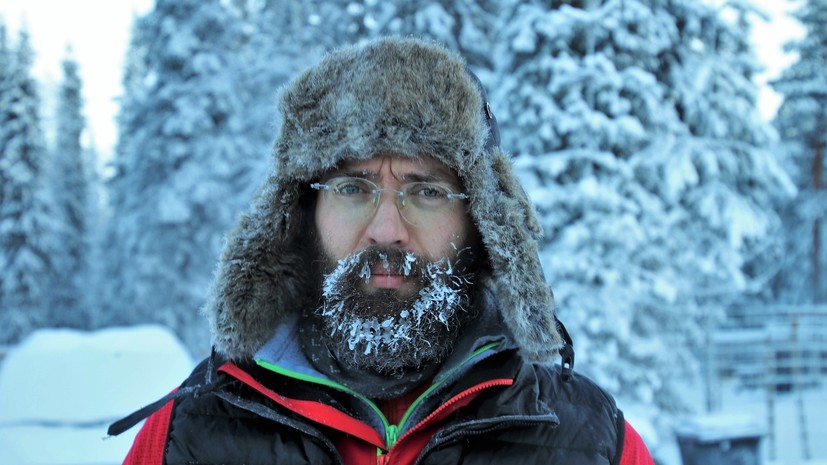“Cold allergy is an increased immune response to so-called cold proteins - agglutinins. They are produced in all of us in the body during cooling - a local reaction if a person gets into a situation where he comes into contact with cold objects. This can happen while staying in an air-conditioned room during the summer. We all need these proteins, as they perform the function of thermoregulation during cooling. Expansion of blood vessels is associated with them ... If prolonged cooling, on the contrary, occurs vasospasm, spasm of the respiratory system ... As well as harmless birch pollen, an allergy may occur specifically to cold agglutinins. In severe cases, these reactions persist for several hours after the patient has already entered a warm room, ”said the doctor.
As noted by the allergist, cold allergies can occur not only in frosty weather, but even when the air temperature is above zero.
According to her, the occurrence of such an allergic reaction is possible even in summer, for example, when swimming in open water.
“The difference between the temperature of the ambient air and the water body can even provoke anaphylactic shock with loss of consciousness in a patient, therefore it is very dangerous for those who suffer from cold allergies,” the expert said.
In rare cases, the disease can also manifest itself with the consumption of cold drinks and food, even if the food is at room temperature, the specialist explained.
"The patient can only eat warm food, otherwise there is an acute spasm of the esophagus, pain in the stomach ... These patients are forced to follow a strict regimen," the doctor added.
In most cases, as Loginina said, such an allergy is clinically manifested in the form of edema, redness of open areas of the body, and with prolonged exposure to the air, cold urticaria may occur, which is accompanied by itching and burning.
In addition, she explained, allergy to cold can manifest itself in patients suffering from allergic respiratory diseases.
“Cold can provoke severe swelling, profuse discharge from the nose, eyes, and even attacks of bronchial asthma,” she added.
At the same time, the allergist emphasized that the occurrence of an allergy to cold has nothing to do with the patient's age.
“Treatment of cold allergies is carried out using the method of autolymphocythotherapy.
This is a treatment with one's own immune cells isolated from a small amount of the patient's blood, ”concluded Login.
Earlier, traumatologists talked about the most common injuries in winter.

